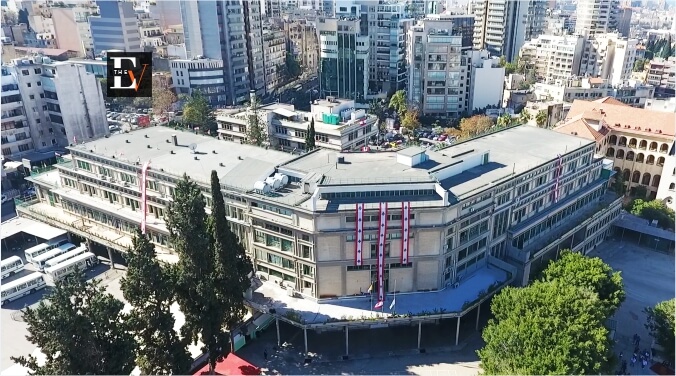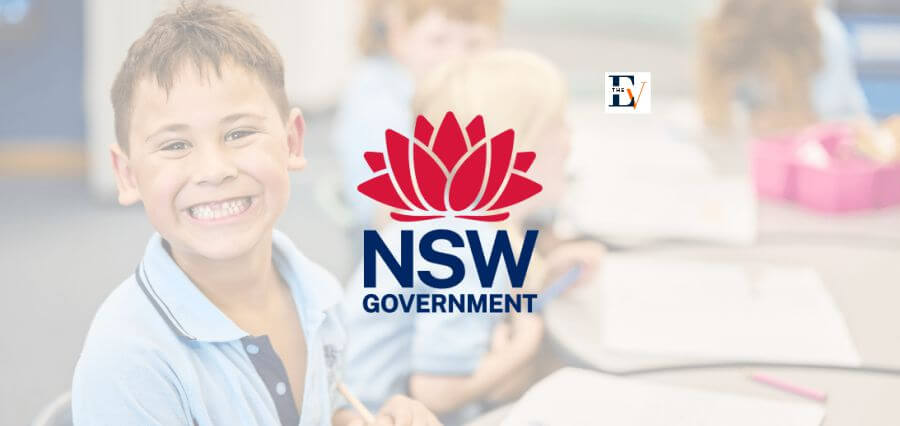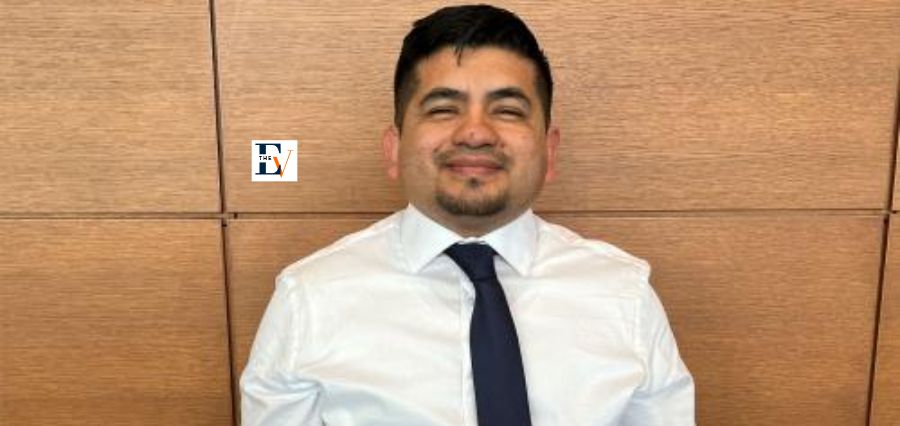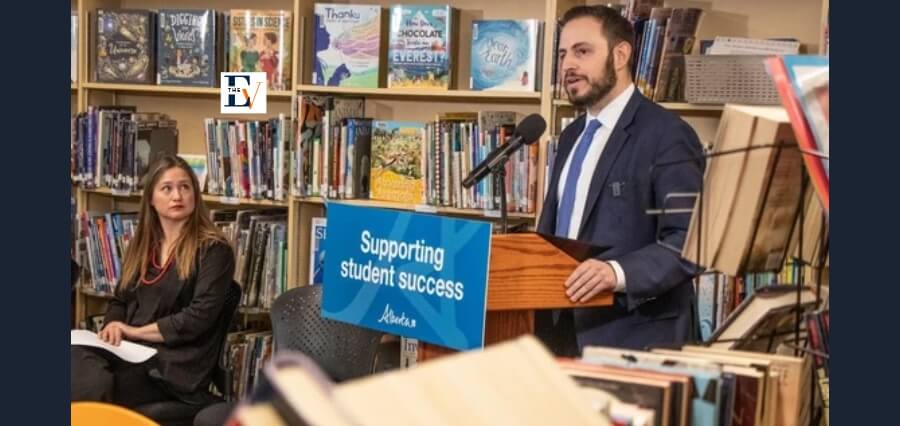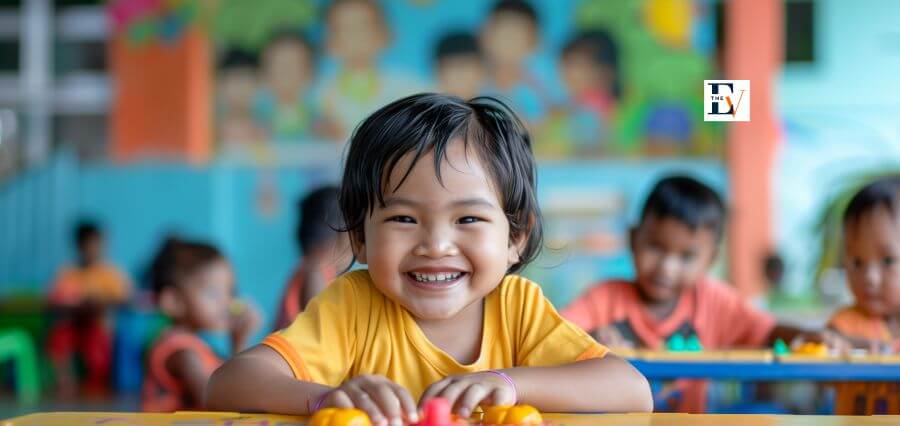Education in Lebanon is reaching new peaks, and at the forefront of this progress are some of its oldest educational institutions like SAGESSE Saint-Joseph Beirut.
The educational project of the Colleges of SAGESSE finds its primary inspiration in the apostolic concern of the first founder, Mgr. Youssef Debs, Maronite Archbishop of Beirut, judged the need in 1875 to provide education to the laity after having ensured clerical education. The first institution of SAGESSE opened its doors on November 1, 1875, in Beirut. Since then, this school has promoted priests, scholars, orators, poets, politicians, and writers.
The successors of Bishop Debs continued the development and expansion of this institution in different geographical sectors of the Maronite Diocese of Beirut. The following were instituted:
- Section Saint Jean in Brasilia – Baabda, established in 1960.
- Saint Maron Section in Jdeidé – Metn, established in 1965.
- Saint Elie Section in Clémenceau – Beirut, established in 1973.
- Section Saint Jean-Maron – Aïn El Remmaneh, established in 1986.
- Section Mary, Mother of Wisdom, Aïn Saadé, established in 1992.
Moreover, a technical school was established in Beirut in 1983, and another one in Aïn El Remmaneh in 1990.
Later, a Higher School of Law resumed its momentum in 1961, which is part of SAGESSE University since 2001, and includes six faculties:
- Faculty of Canon Law
- Faculty of Church Sciences
- Faculty of Political Sciences and International Relations.
- Faculty of Management and Finance.
- Faculty of Engineering
- Faculty of Public Health
Incorporating Innovative Programs
The College of SAGESSE – Beirut is made up of two large, connected buildings: a building for the Primary and Middle Schools and another for The High School. It was approved in 1998, and it adopts The French Program simultaneously with the Lebanese Program.
Currently, the management is ensured by the head of the establishment, Father Pierre ABI SALEH, appointed by the Maronite Archbishop of Beirut. He is supported by several councils, committees and boards. The collaboration of these bodies ensures the improvement of teaching, school life and the image of the school. The management is participative: decisions and actions are decided during councils among the various bodies.
Fostering Ideal Social Norms
The Institute’s essential mission, since its foundation, has been to welcome students of all social classes, regardless of their religion and consider the heterogeneity of their educational level. The challenge is to guarantee their success.
The SAGESSE’s Project has paved its way, following five complementary axes based on the mission of the Institution:
- The first axis is that of working for the unity of the Lebanese Nation as an Eastern entity that is an integral part of its Arab Environment.
- The second that of realizing the vocation of the Lebanese Fatherland through knowledge, moral values, and the education of generations in rational dialogue and respect for community plurality.
- The third axis is that of the adoption of the Arabic language in its double literary and poetic aspects as means of expression, creativity, cultural integration, and the achievement of unity in diversity.
- The fourth is that of renovating modernization as a factor of progress and openness to the contemporary world, which is moving towards freedom, democracy, and the consecration of human rights.
- The fifth axis is that of the junction to be created between the two civilizations of the East and the West, at the service of humanity and greatest unity.
The school community openly testifies to its faith in the active presence of the Spirit of God in man. It adopts and conforms to the values that flow and are found in the following three fundamental dimensions:
- That of the human person in himself.
- That of the human person in relation to others and to the world.
- That of the specific mission carried by SAGESSE.
It is through thought that man becomes free and autonomous. Education in this school is, therefore, spiritual, intellectual, and human at the same time. It brings each young person altogether to their full development, the person, the citizen, and the social actor. This is how the school is a place for learning solidarity rather than competition, in an atmosphere of mutual trust and respect.
Creating a Stimulating Environment
It aims to be a stimulating and motivating living environment where students learn to acquire multiple knowledge and skills, meet welcoming and authentic adults, who accompany them in their personal and intellectual development, and teach them respect for values and cultural awareness.
To this end, the school follows the following pedagogical paths:
- An active pedagogy promotes a learning process in which the student is an actor and not a spectator.
- A global pedagogy that considers the student as a whole, which allows everyone to find a balance in the harmonious development of his/her dimensions: physical, social, emotional, aesthetic, intellectual and spiritual.
- A motivating pedagogy that places meaningful learning in everyday realities.
- A differentiated pedagogy that recognizes the uniqueness and rhythm of each student.
- A participatory pedagogy is where the student and the teacher are partners in the learning, organization, and evaluation of activities.
- Pedagogy is open to the social environment and the world.
Reinforcing the Knowledge
The Institute’s programs are enriched by motivating and interesting activities articulated around projects, role plays, songs, the internet, and updated news, allowing students to reinforce their knowledge in Arts and Sciences, which are taught pedagogically to ensure maximum efficiency. The programs incorporate STEM-based learning through sciences, technology, engineering, and mathematics, providing a comprehensive foundation to explore and engage with these disciplines.
The school implements hands-on and project-based activities, where students actively participate in experiments, design challenges, and solve problems. All of these foster the practical application of STEM concepts and encourage critical thinking and creativity.
Some of the extracurricular activities focus on robotics, coding, and scientific research, creating opportunities to delve deeper into areas of interest and collaborate with like-minded peers.
The school partners with local institutions/universities, which arrange competitions and workshops and have guest lectures to enable students to connect classroom learning with real-world situations, exposing them to current industry practices and inspiring future career paths.
It constantly incorporates technology into the learning environment, such as interactive simulations, virtual reality experiences, and online resources, to allow students to explore complex STEM concepts in an engaging and accessible manner, enhancing their understanding and enthusiasm.
On the other hand, its establishment has a policy in the digital field which seeks to generalize digital culture in the establishment and provide the necessary support.
Openness to the International World
SAGESSE – Beirut French partnership (homologation) was approved in 1998. The French language already held a prominent place in the programs. Its students presented the French baccalaureate in 1936, a distinctive and revealing sign of the importance of the Francophonie in particular, but also the openness to the international world.
The establishment implements the principles, objectives and programs of the French Education System as defined by the Ministry of Education. To conduct The Lebanese and French Courses, the coordinators work to harmonize the two programs to prepare students for the double baccalaureate.
Also, English is taught as a second foreign language from kindergarten. The program is planned according to the European and American Framework of References. Its interactive pedagogy is based on the overall mission of the English department is to promote literacy-specifically the ability to read, write, and think critically. Literate individuals can gather, analyse, and communicate information effectively, as well as think creatively and draw independent conclusions-skills that are the cornerstone of future careers.
Students are prepared for international university admission exams such as IBT, IELTS, and SAT.
Following the explosion in the port of Beirut on August 4, 2020, the College was extremely damaged. It is worth mentioning that the establishment was already struggling to keep on going due to the unprecedented economic crisis.
Today, it is beginning to rise from its ashes. Thanks to the will and the resistance of its community and the support of invaluable partners and donors, the school can now carry on its torch. SAGESSE will remain a beacon in the educational world.

